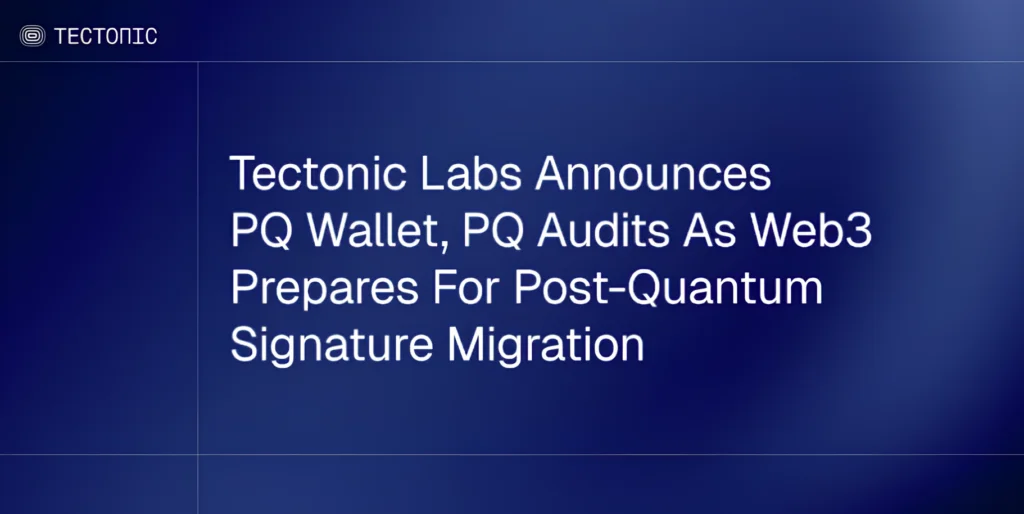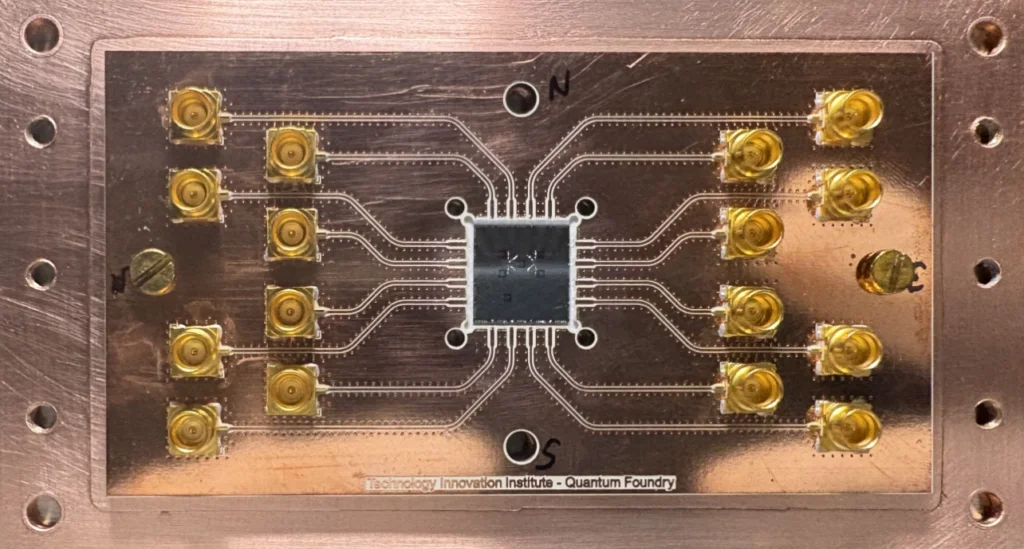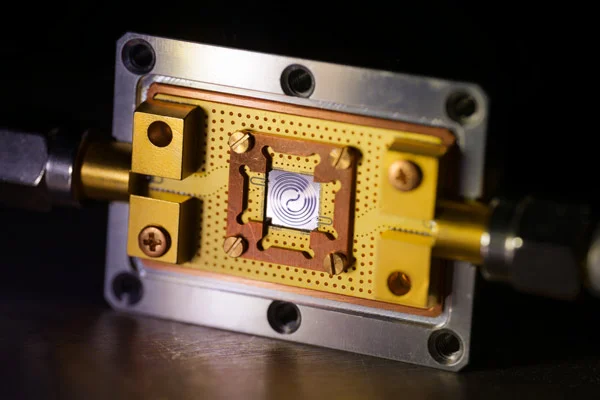Insider Brief
- IonQ filed for a $500 million mixed shelf offering.
- A mixed shelf offering is a regulatory filing that allows a publicly-traded company to register a mix of securities to be sold over time.
- The move could position the company for future merger and acquisition moves.
IonQ filed for a $500 million mixed shelf offering, hot on the heels of its recent quarterly earnings announcement.
In an earnings call, company officials say this move is a tactical decision to funding potential mergers and acquisitions that could further IonQ’s industry footprint.
A mixed shelf offering is a regulatory filing that allows a publicly-traded company to register a mix of securities – including common stock, preferred stock, debt securities, and other financial instruments – to sell them over time. This move provides IonQ with the flexibility to finance growth and strategic initiatives quickly as opportunities arise, without the need to go through the lengthy process of a new registration for each transaction.

Thomas Kramer, IonQ’s Chief Financial Officer, said during the company’s earnings call that the filing is not a reflection of a pressing need for capital. Instead, he said it’s to position the company for possible merger and acquisition (M&A) moves.
“While we continue to believe that our cash on hand is more than sufficient to get the company to cashflow positive and we have no immediate plans to raise additional capital, we also believe that opportunities for strategic M&A may arise in the near to medium term,” Kramer said.
The prospectus issued by IonQ outlines the potential offering of securities up to a total of $500 million, which may occur in various formats and combinations. The offerings, which are to be detailed in future supplements to the prospectus, could range from direct sales of stock to conversions of debt securities, and more. The purpose, as mentioned, would be to give the company the agility to capitalize on market conditions and strategic opportunities that may present themselves.
IonQ’s stance on funding is not a new concept in the corporate world, but it is worth note in the rapidly emerging quantum computing sector. With the last reported sales price of IonQ’s common stock at $11.21 per share, and public warrants at $3.72 each, the mixed shelf could represent a significant boost to the company’s financial leverage.
In closing remarks, Kramer emphasized the company’s solid financial position.
He said, “We are comfortable with our cash balance, but want to maintain the optionality to raise additional capital to fund M&A and strategic growth.”
The move by IonQ reflects a broader trend in the tech industry, where companies are increasingly looking to maintain flexibility in their capital structure to pivot and scale rapidly in response to market developments. This ability to use M&A tactics to scale rapidly is particularly true in a quantum ecosystem that is bubbling with new startups, new technology and new talent.
For IonQ, the mixed shelf offering is not just a financial instrument, but could be a strategic enabler that could pave the way for the company’s next phase of innovation and industry leadership.
For more market insights, check out our latest quantum computing news here.















